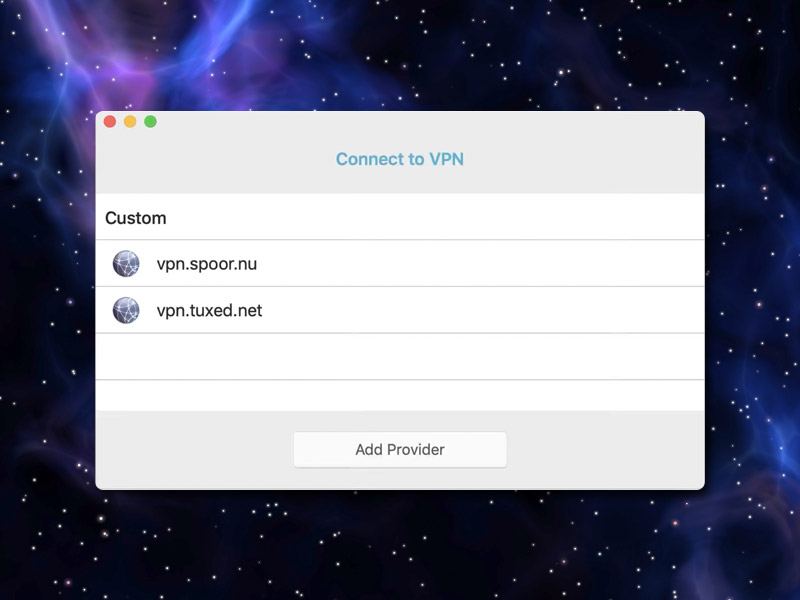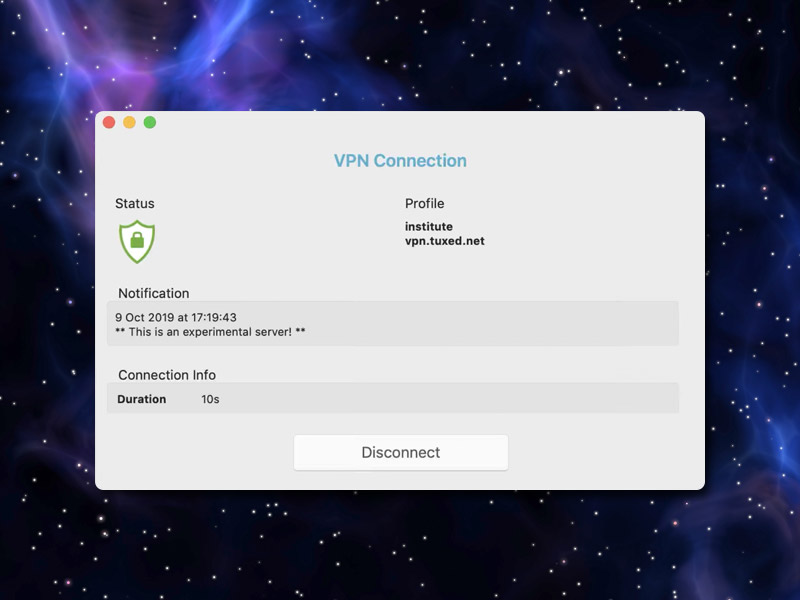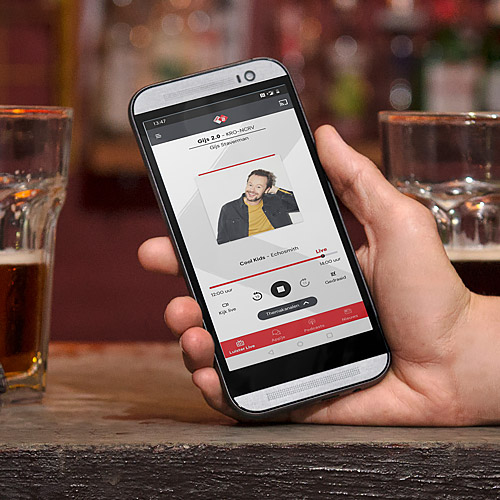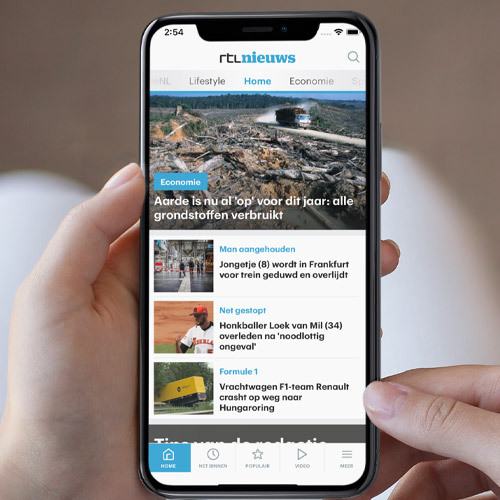eduVPN:
Making unsafe connections safe again

Surfing the web with eduVPN
Unfortunately, it already happened to a number of universities: hackers attacking their educational internet systems, and rendering their online teaching platforms unreachable from one moment to the next. And after that? In an instant, all educational facilities became unavailable for both staff and students! And even worse: in situations like this, all personal information falls into the hands of unauthorised strangers.
But at other locations too, such as the train, the library or the canteen, a safe internet connection without the risk of intruders is very important.
That’s why SURFnet has introduced eduVPN, a tool that can be used by staff, researchers and students to secure their internet connections.
Entering your company network safely from any location via eduVPN
Not only does eduVPN enable you to surf the internet safely, it can also be used for something else:
Staff working at schools, universities or other research institutions often do not have the possibility to login to their work accounts from home. This can only be done at the office. In principle, this is understandable, because personnel files, databases, grades programmes and administrations must of course remain sufficiently secured. But what about flexiwork? And what if you want to catch up with some work during the evening? Well, then you cannot login to your company’s network, which is rather inconvenient. In these cases, VPN is the perfect way to safely link your system to that of your workplace.
eduVPN offers a simple procedure for the configuration and activation of a VPN: it automatically uploads the configuration of the system of your business or school/university and activates the VPN. Next, the VPN encrypts the connection between your device and the workplace network. As a result, access is granted to the shielded systems, wherever you are. And then you are ready to flexiwork safely and without worries.

The technology behind eduVPN
VPN refers to ‘Virtual Private Network’. It creates a virtual network between your device and the system used at your workplace. Although the data are transferred via your standard network connection, it is encrypted in such a way that only your device and your workplace network can use this information. Using this technique, you can go online safely. Egeniq developed eduVPN especially for research and educational institutions.
Our first version was based on an already existing VPN programme, Tunnelblick. Although this programme provided us with a good starting point, it did not offer the flexibility that we were looking for. That’s why the newest eduVPN version makes use of so-called network extensions via ‘TunnelKit’. This is an open source open VPN reimplementation, which we equipped with our own interface. This intervention resulted in a much higher level of user friendliness compared to that of the earlier version. And simultaneously, the performance also increased; establishing a connection can now be done in no more than 2 or 3 seconds. The older version sometimes required an entire minute.




